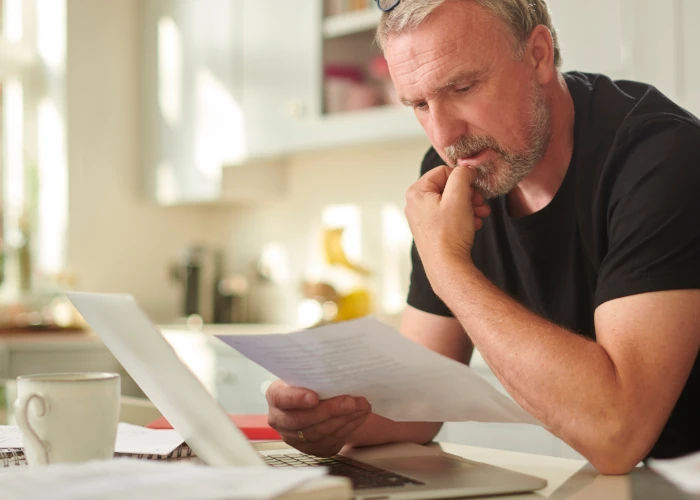
In some cycling accident cases, the defendant may initially admit fault, only to later retract their acceptance of liability. This can complicate the claims process, but it doesn't mean you can’t still pursue compensation for your injuries.
What does it mean to accept liability?
When a defendant (the person who caused your injuries) accepts liability at the scene of an accident, they're admitting legal responsibility. An early admission of liability will result in a smoother claims process, as the potentially contentious part of the claim seems resolved.
Sometimes, however, defendants change their mind, which can introduce new challenges when making a claim.
Why might a defendant change their mind?
There are several reasons why a defendant might change their mind after admitting fault.
They may have subsequently received advice from their insurance company or solicitor, or new evidence might have emerged. They may not have understood the legal consequences of their initial admission - often made in haste in the initial shock of an accident.
Insurers may also try and strategically influence a defendant’s decision to retract liability, especially if they believe the case can be disputed.
How might changing liability affect your claim?
When a defendant retracts liability, it can delay the process and potentially lead to a dispute. In such cases, the burden of proof may shift back to you and your solicitor, and you’ll need to provide robust evidence to support your claim. In a minority of cases (around 1%), the case may also end up in court if a settlement cannot be reached.
The importance of gathering evidence
Even if liability is initially accepted, collecting evidence at the scene of the accident is vital. Useful evidence can include witness statements, photos or videos of the accident, police reports, and medical records. This evidence will be used to support your claim if liability is challenged or denied by the defendant.
Here are some steps to take after a cycling accident:
- Take photographs of the vehicles involved, the scene of the accident, your bike, and any injuries you sustained.
- Collect witness information by getting the names and contact details of anyone who saw the accident.
- Seek medical attention as soon as possible and keep records of any treatments or diagnoses you receive.
- Preserve your damaged equipment, such as your bike, helmet, or clothing, as these may provide crucial evidence to support your version of events.
The more detailed and thorough your evidence, the stronger your claim will be, even if contributory negligence is a factor.
How a solicitor can help
Our team understands the frustration when a defendant accepts liability only to change their mind later.
With decades of experience, our solicitor panel is highly skilled at gathering strong evidence and keeping pressure on the other party.
Your solicitor will handle and negotiate disputes over liability, working directly with the defendant's insurer to build a solid case. If needed, they’ll represent you in court to secure the no win, no fee compensation you deserve.

 Written by Chris Salmon on 16th October 2024
Written by Chris Salmon on 16th October 2024
